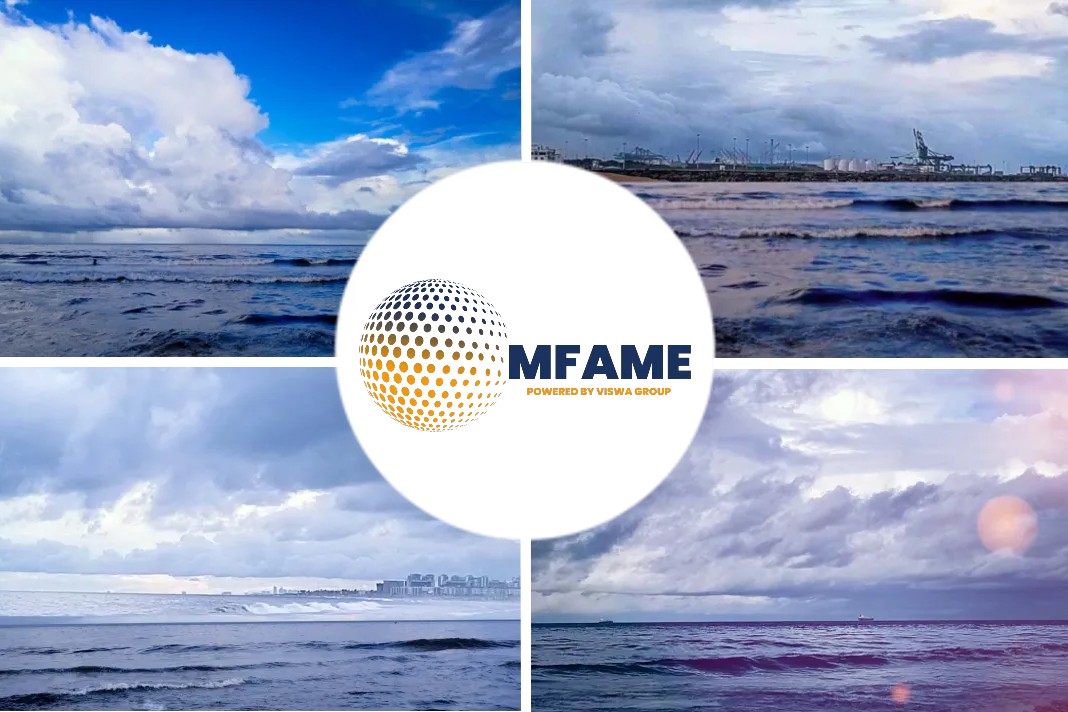
The expansion of the EU Emissions Trading System (ETS) to include the shipping industry within the European Economic Area (EEA) is reshaping the landscape of carbon emissions management in maritime transport. The Maersk source.
- The EU Emissions Trading System (ETS) has expanded to include the shipping industry, requiring ship operators to monitor and account for their carbon emissions within the European Economic Area.
- Carbon pricing will apply to vessels based on specific criteria, affecting voyages between EU and non-EU ports, with phased implementation and the inclusion of additional greenhouse gases.
- Customers in the shipping industry will face an “Emissions Surcharge” on bookings, updated quarterly to align with EUA price volatility, promoting transparency in cost calculations.
Expanding the Scope of ETS
Recent developments in EU environmental regulations have extended the Emissions Trading System (ETS) to include the shipping industry within the European Economic Area (EEA). This significant change requires ship operators to monitor, report, and account for their carbon emissions.
Carbon Pricing and Extraterritorial Impact
The updated ETS introduces carbon pricing based on vessels and has extraterritorial application, impacting voyages between EU and non-EU ports. Shipping companies are obligated to purchase allowances for emissions based on specific criteria, affecting the cost structure of the industry.
Phased Implementation and Additional Greenhouse Gases
The phased implementation of the ETS for shipping will gradually increase the carbon price per ton of CO2 equivalent emissions, driving financial incentives for emission reduction. Additionally, from January 1, 2026, the ETS will include nitrous oxide and methane emissions, promoting the use of renewable fuels.
Impact on Customers and Transparency
Customers in the shipping industry will be affected by the introduction of carbon pricing, leading to an “Emissions Surcharge” applied to bookings. The surcharge, influenced by EUA price volatility, will be updated quarterly to align with market dynamics, ensuring transparency in cost calculation.
Did you subscribe to our daily newsletter?
It’s Free! Click here to Subscribe!
Source-maersk
























